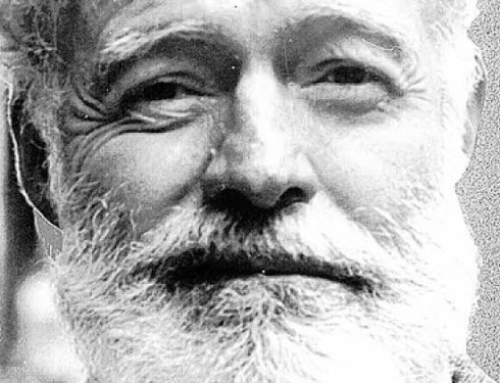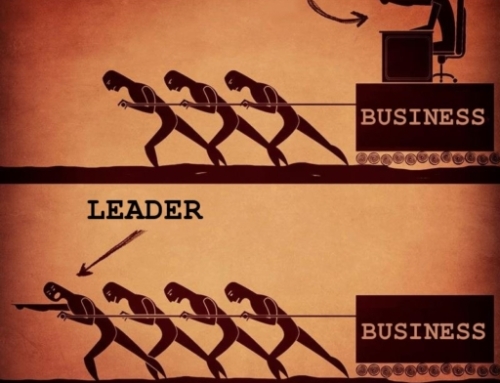I used to have a smartphone with a cracked screen. It was then that I realized exactly how much I took my un-shattered display for granted. I saw how expensive a repair was, and I decided to live with my mistake until I could afford a new phone. When I got a new phone I was amazed that I had gone so blind to the inconvenience of a semi-functioning screen. I had forgot exactly how much better my life was when my tools worked.
In the workplace, we often do the exact same thing. We get used to small inefficiencies or time-consuming ways to do things. The clutter of day-to-day wear and tear adds up until we just accept that this is the way it is. But the truth is, we have the power to clean up the mess, whether it is physical, operational, or bureaucratic, we just need the right tools.
Studies have shown time and again that too much stuff has a negative impact on your ability to focus and process information . Clutter can still take on the traditional form of loose papers and unfilled requests, but it has now been compounded by digital clutter. 17 unread emails eats away at our ability to stay focussed just as surely as a desk full of paper work. If the paper work’s sole purpose is to help the business operate, and it is inhibiting the business from operating at its full capacity, then the system is not capable of meeting the demands being placed on it. We are using a phone with a shattered screen.
So lets fix it.
Everything that crosses your desk in a day can be broken down into two categories: things that are actionable, and things that are not actionable. Actionable things can be acted on in such a way that moves the project towards completion. Non-actionable things are the opposite, like an email with the latest version of a document that your team is working on.
A good system allows for us to define our actionable items, organize them together, and identify their priority based on there due date. By recording the request and all action done on the request, we can create an easily searchable database. This means that regardless of who is moved on to and off of the project, everyone has access to the entire correspondence. Everyone has all of the information at their fingertips. Every one is in the loop, and no one has to spend time playing catch up with a new addition. A database of organized communication means that we don’t have to worry about non-actionable items.
Of course, actionable items can also pile up on ones desk, buried underneath other items and forgotten about. An overlooked item is something that other people find themselves waiting on. By providing your company with a clear communication tool, everyone can keep on top of the items that they have to do. Instead of the company’s productivity pipeline being blocked by clutter, it can flow smoothly.
The IT world developed ticketing systems to help resolve issues. What the rest of the world needs is a request system with the same focus on issue, process, and resolution, but with broader applicability. Combined with a database, the implication for cleaning up clutter and pushing your company’s productivity is huge.
At Nessis Inc. we know that life is easier when everything is on track. And to this end we built allTrac, so that you can have a clean space to do your work in.




